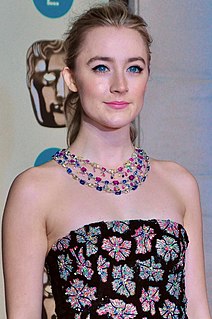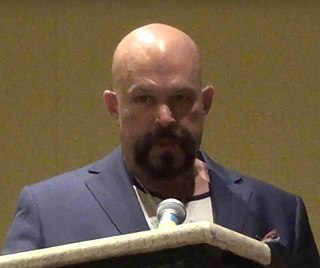A Quote by Neil Young
I never knew a man could tell so many lies, he had a different story for every set of eyes. How can he remember who he's talking to?
Related Quotes
But many, many stories were told; from what could be gathered, all fifty of the mine's inhabitants had reacted on each other, two by two, as in combinatorial analysis, that is to say, everyone with all the others, and especially every man with all the women, old maids or married, and every woman with all the men. All I had to do was to select two names at random, better if different sex, and ask a third person, "What happened with those two?" and lo and behold, a splendid story was unfolded for me, since everyone knew the story of everyone else.
At this rate, I'd be lucky if I wrote a page a day. Then I knew what the problem was. I needed experience. How could I write about life when I'd never had a love affair or a baby or even seen anybody die? A girl I knew had just won a prize for a short story about her adventures among the pygmies in Africa. How could I compete with that sort of thing?
I knew what I wanted to do when I set out. I knew that I wanted to write a book that told the story, obviously. I wanted it be comedy first, because I felt like there already had been childhood druggy stories that were very serious, and I felt that the unique thing here was that I was a comic and I could tell the story with some levity, and I have been laughing at these stories my whole life.
If you gauge how you're doing on whether somebody is responding vocally or not, you're up a creek. You can't do that; you kind of have to be inside of your work and play the scene. And tell the story every day. Tell the story. Tell the story. Regardless of how people are responding, I'm going to tell the story.
We who make stories know that we tell lies for a living. But they are good lies that say true things, and we owe it to our readers to build them as best we can. Because somewhere out there is someone who needs that story. Someone who will grow up with a different landscape, who without that story will be a different person. And who with that story may have hope, or wisdom, or kindness, or comfort. And that is why we write.
He had drawn many a thousand of these rations in prisons and camps, and though he'd never had an opportunity to weight them on scales, and although, being a man of timid nature, he knew no way of standing up for his rights, he, like every other prisoner, had discovered long ago that honest weight was never to be found in the bread-cutting. There was short weight in every ration. The only point was how short. So every day you took a look to soothe your soul - today, maybe, they haven't snitched any.
I was 12 and I remember everything. I mean, I had done two films before that. The first was actually with Amy Heckerling. It was so brilliant to work with her on my first film. Atonement was the third one I'd done, and I remember how it felt to arrive on set every day. I remember how it felt to get my wig off at the end of the day. I remember how hot it was.
Yeah, I love A Nightmare on Elm Street. I was just a fan. I was such an avid fan. I remember being on the set talking about a sequence and he started asking me about maybe staging it a little different. I realized - I think he was shocked that I knew his work so well - I remember I started going like, "Why don't we do it like The Last House on the Left, where you had the girl on the ground..."
He thought about science, about faith, about man. he thought about how every culture, in every country, in every time, had always shared one thing. We all had the Creator. We used different names, different faces, and different prayers, but God was the universal constant for man. God was the symbol we all shared...the symbol of all the mysteries of life that we could not understand. The ancients had praised God as a symbol of our limitless human potential, but that ancient symbol had been lost over time. Until now.



































